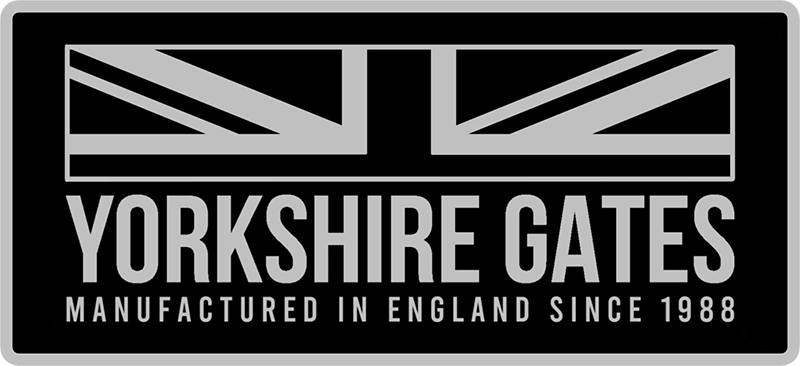FAQ
We get all kinds of questions from our customers, whether it be through social media or follow up calls. To help, we have compiled them all together for you in one section.
The Brands We Work With










Get a Free Quote
If you would like us to come out to give you a FREE no obligation quote or just want to discuss your requirements please call or complete the form and we will contact you:
Our Gates
Composite Gates
Composite gates are extremely popular due to the many benefits they offer.
Aluminium Gates
We are custom gates specialists ensuring the highest quality of materials and craftsmanship.
Security Gates
We are custom gates specialists ensuring the highest quality of materials and craftsmanship.

